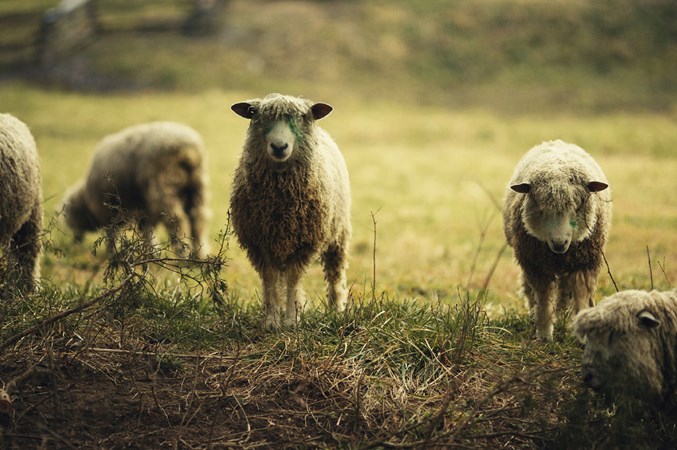Published 1/15/2025
Compassion in World Farming US (CIWF US) has released its EggTrack 2024 report, spotlighting the United States' progress in transitioning to cage-free egg production. With 40% of U.S. laying hens now living in cage-free systems, this shift marks a significant step forward in animal welfare. In stark contrast, Canada lags behind, with over 81% of its hens still confined to “enriched” cages—housing systems that provide minimal improvements over traditional battery cages and still prevent natural behaviours like wing flapping, perching, and dust bathing.
U.S. Companies Take the Lead
2025 is here and U.S. companies like Target, Aramark, and Jack in the Box are making significant strides to meet their goals. These businesses are responding to growing consumer demand for more humane food production systems and setting a global standard for ethical practices.
“America’s progress in cage-free egg production is proof that collaboration between businesses, policymakers, and consumers can achieve meaningful change for animal welfare,” said Julia Johnson, U.S. Head of Food Business at CIWF.
The momentum is bolstered by state legislation banning inhumane confinement practices, which has helped accelerate the shift toward cage-free systems. However, challenges remain, particularly in ensuring all companies meet their commitments and hold themselves accountable to the timelines they’ve set.
Misleading Labels Continue to Create Confusion
While the cage-free movement gains traction, consumers still face challenges when navigating misleading labels at the grocery store. Many egg cartons carry vague or deceptive claims, making it difficult for shoppers to make informed ethical choices. To address this issue, EggTrack 2024 includes a certification guide highlighting trusted labels like Certified Humane and Global Animal Partnership (G.A.P.), which reflect meaningful welfare standards.
Expanding Access Through WIC
One of the most promising developments in 2024 has been the inclusion of cage-free eggs in the Special Supplemental Nutrition Program for Women, Infants, and Children (WIC). Seven additional states, including Kansas, Louisiana, and Missouri, authorized cage-free options in 2024, bringing the total to 39 states. This expansion has increased access to higher-welfare eggs for millions of families.
However, 11 states still exclude cage-free eggs from WIC, leaving participants without access to these more humane options. CIWF continues to advocate for nationwide inclusion to ensure that all families, regardless of income, can access ethically produced food.
“Expanding WIC to include cage-free eggs nationwide ensures equitable access to higher-quality, ethically sourced food for families in need. This aligns with modern consumer expectations and supports a sustainable future,” said Alex Cragun, U.S. Head of Campaigns at CIWF.
The Road Ahead
As 2025 approaches, EggTrack 2024 celebrates the successes of companies that have met their commitments while urging lagging businesses to step up. Initiatives like Dollar Tree’s pilot program to market cage-free eggs and Save-On-Foods’ consumer education campaigns demonstrate the positive impact of clear marketing and corporate accountability.
While the U.S. leads the way in cage-free adoption, sustained progress will require continued collaboration among businesses, consumers, and policymakers. Transparency and innovation remain critical to ensuring a fully cage-free future for laying hens.
For more information about the shift to cage-free egg production, go to our EggTrack USA Report 2024.

